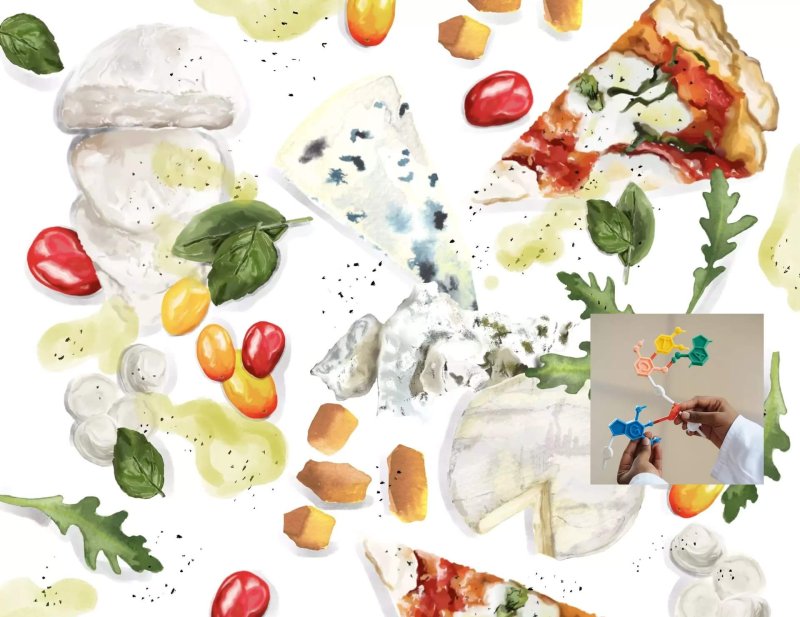Known as precision fermentation, the process is a hot topic because it can be used to make anything from fossil-free biofuels to the animal-free milk products that some predict will bring down the dairy industry.
Basically, you isolate the DNA sequence that encodes for something you want to make, insert it into a microbial host, which then produces it in a fermentation vat.
The product is then extracted and purified from the fermentation soup, or from the microbe itself.
The environmental gains from switching from cow udders to fermentation tanks could be huge, with one estimate finding it reduces greenhouse gas emissions by 91 to 97 per cent. There are no accurate estimates for New Zealand’s pasture-based farming.
Microbes still need to eat. Still researching at tiny scale, Daisy Lab is feeding its microbes pretty much pure sugar. But ultimately they hope to use food waste. If precision fermentation took off, farmers could grow sugar beets to feed the country’s army of micro-organisms.
Gibson [New Culture founder] counts off four barriers to getting the technology off the ground in New Zealand – outdated GM regulations, scarce investment dollars, a smaller talent pool and shortage of infrastructure (shared lab space and fermentation capacity).































